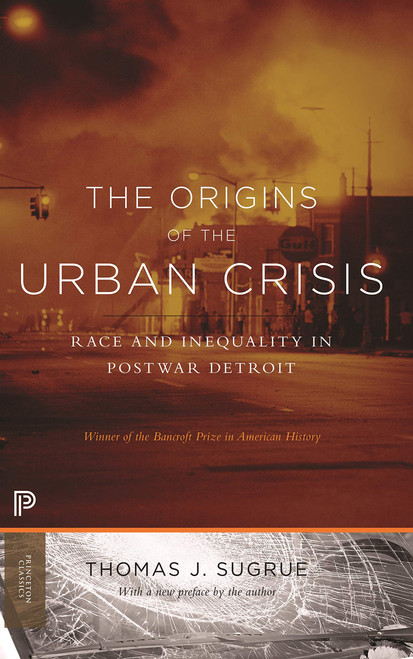Once America's arsenal of democracy, Detroit over the last fifty years has become the symbol of the American urban crisis. In this reappraisal of racial and economic inequality in modern America, Thomas Sugrue explains how Detroit and many other once prosperous industrial cities have become the sites of persistent racialized poverty. He challenges the conventional wisdom that urban decline is the product of the social programs and racial fissures of the 1960s. Probing beneath the veneer of 1950s prosperity and social consensus, Sugrue traces the rise of a new ghetto, solidified by changes in the urban economy and labor market and by racial and class segregation.
In this provocative revision of postwar American history, Sugrue finds cities already fiercely divided by race and devastated by the exodus of industries. He focuses on urban neighborhoods, where white working-class homeowners mobilized to prevent integration as blacks tried to move out of the crumbling and overcrowded inner city. Weaving together the history of workplaces, unions, civil rights groups, political organizations, and real estate agencies, Sugrue finds the roots of today's urban poverty in a hidden history of racial violence, discrimination, and deindustrialization that reshaped the American urban landscape after World War II.
In a new preface, Sugrue discusses the ongoing legacies of the postwar transformation of urban America and engages recent scholars who have joined in the reassessment of postwar urban, political, social, and African American history.











